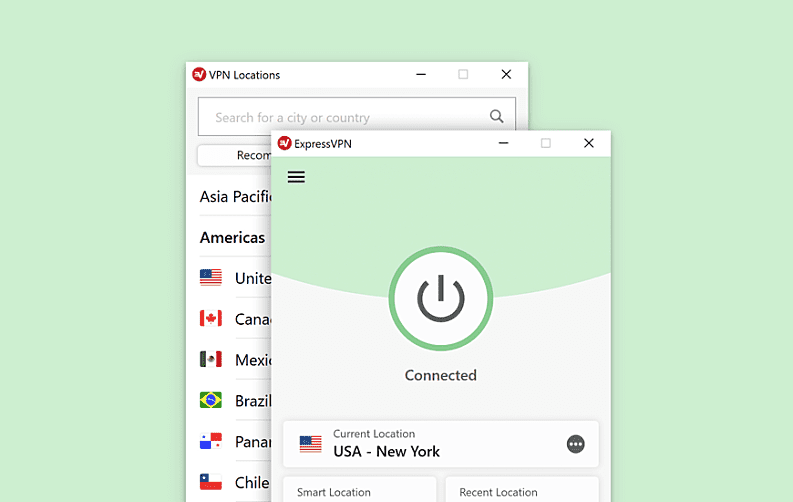
We’re all haunted in some way, more or less, by the What-ifs of the vicious world of internet. Over time, we’ve grown more prone to be wary of the manipulation of our personal data.
Each step we take while being online is quite crucial. Especially, when it comes to giant corps where employees need to access data from different parts of the world, data security plays a huge part.
When we talk about data safety, IT professionals remain more concerned about it.

So, to surf safely over the uncertain tides of the internet, data transfer necessitates a decent level of security — that’s where the concept of VPN kicks in.
So, let’s start with a basic understanding of ‘what is VPN and how it works.’
VPN Definition / What is a VPN?
If you are stuck with questions like’ what is a VPN connection,’ ‘what does a VPN do,’ or ‘what is VPN used for,’ here is your answer.
VPN is the abbreviation for Virtual Private Network. As we can infer from the name, it is a type of network that is Virtual (roughly saying not real) and is private (ensuring your information is private).
VPN was brought into existence by big organizations who wanted to access and manipulate data from different parts of the words remotely, with the cushion of the secure data. Basically, VPN creates a tunnel that encrypts any data that goes past it.
Nowadays, VPN has got the attention of common folks too and is widely used all across the globe by users. VPN gives the user the power to virtually fly to any corner of the world without moving an inch off their seat.
More importantly, the VPN keeps data under a high-level of security encryption. With the use of a VPN, users can surf the internet without necessarily sharing their data with their ISPs or the government.
How Does VPN Work?
Let’s understand the mechanism of the VPN through an example.
Suppose, you want to send someone flowers without letting them know you sent them. You tell a friend to give that person the flowers and tell them that the sender is anonymous. So, when the transaction completes, the data is sent but the receiver only knows your friend who has sent data instead of the actual sender.
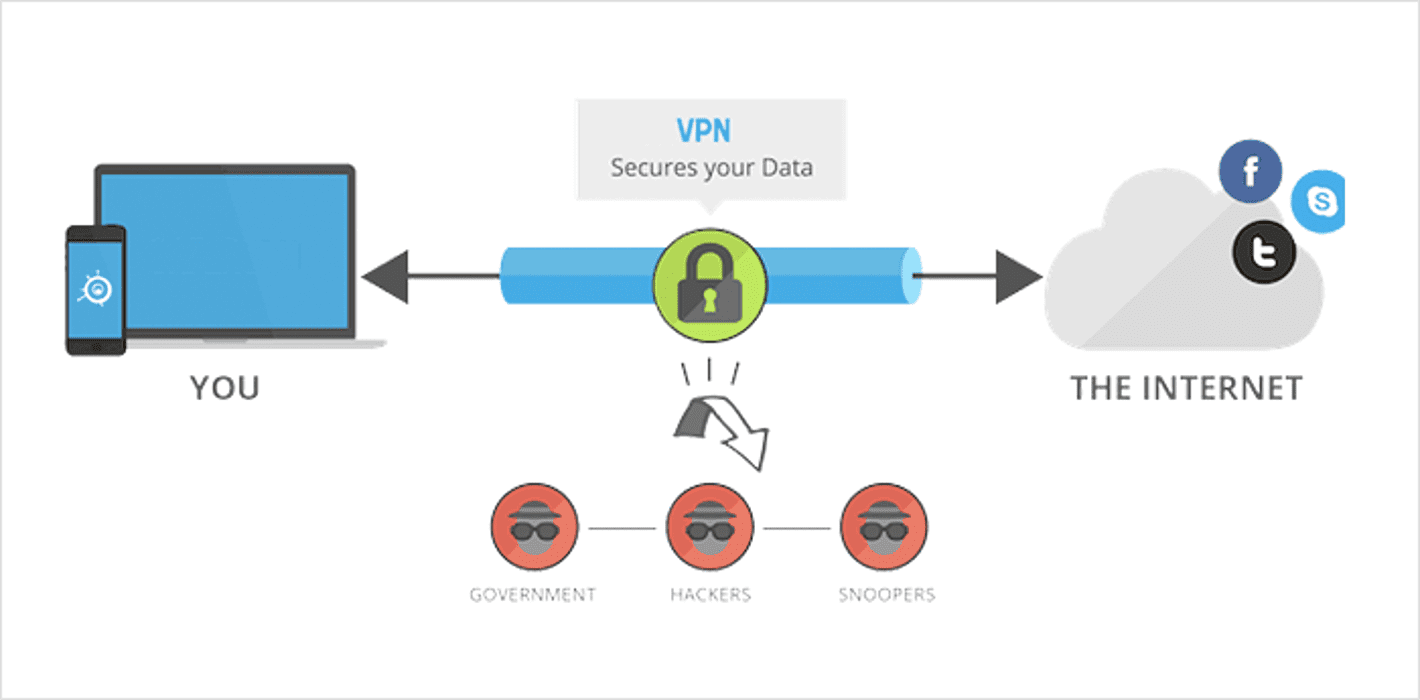
A VPN transaction works in a pretty similar fashion. When you are using a VPN, your data isn’t directly sent to the receiver — it is first sent to the VPN server and then the VPN server forwards the data after encrypting it. Not to mention, your functionality will still remain the same.
Apart from providing a secure platform to browse and download the content on the internet, a complete Virtual Private Network service can also help you watch your favorite TV shows and sports events, even if you are away from your country.
As you must be knowing, there are several programs that are limited to a particular region, so to beat this hindrance, a VPN service can come in handy. VPN service does it by changing the IP address of the system or device.
For instance, unlocking Netflix from another country, accessing Google from China, or trying to hide your identity due to personal reasons, an authentic VPN service provider can do it all.
Why Use a VPN?
There are people who debate on the usage of VPN. To put such a discussion to rest, we have come up with the possible reasons that back the use of VPN.
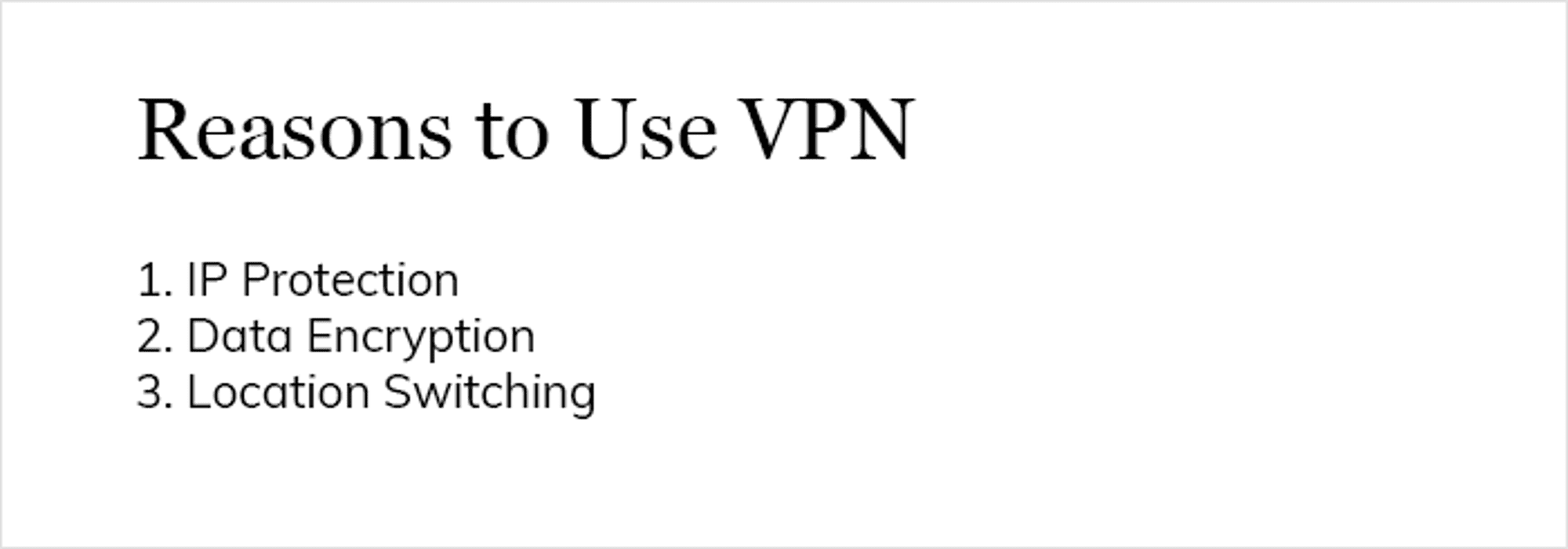
1. IP Protection
One of the most instrumental parts of tracking any user is their IP address. So, in case you don’t want to be tracked by the government, hackers, or ISPs, you need a service that could hide your IP address from them.
When you use a VPN, your IP address is concealed behind the VPN’s server so that your IP can’t be tracked.
2. Data Encryption
As mentioned earlier, your data is encrypted when you use a VPN. It adds another level of safety — in case anyone breaks into your connection, your information will still remain safe and encrypted.
3. Location Switching
This perhaps is the most common application of a VPN that is known to everyone. VPN gives people the power of accessing content that is globally available regardless of the content’s available in their country.
As per a survey, about 50% of people have stated that they use a VPN to access better entertainment content.
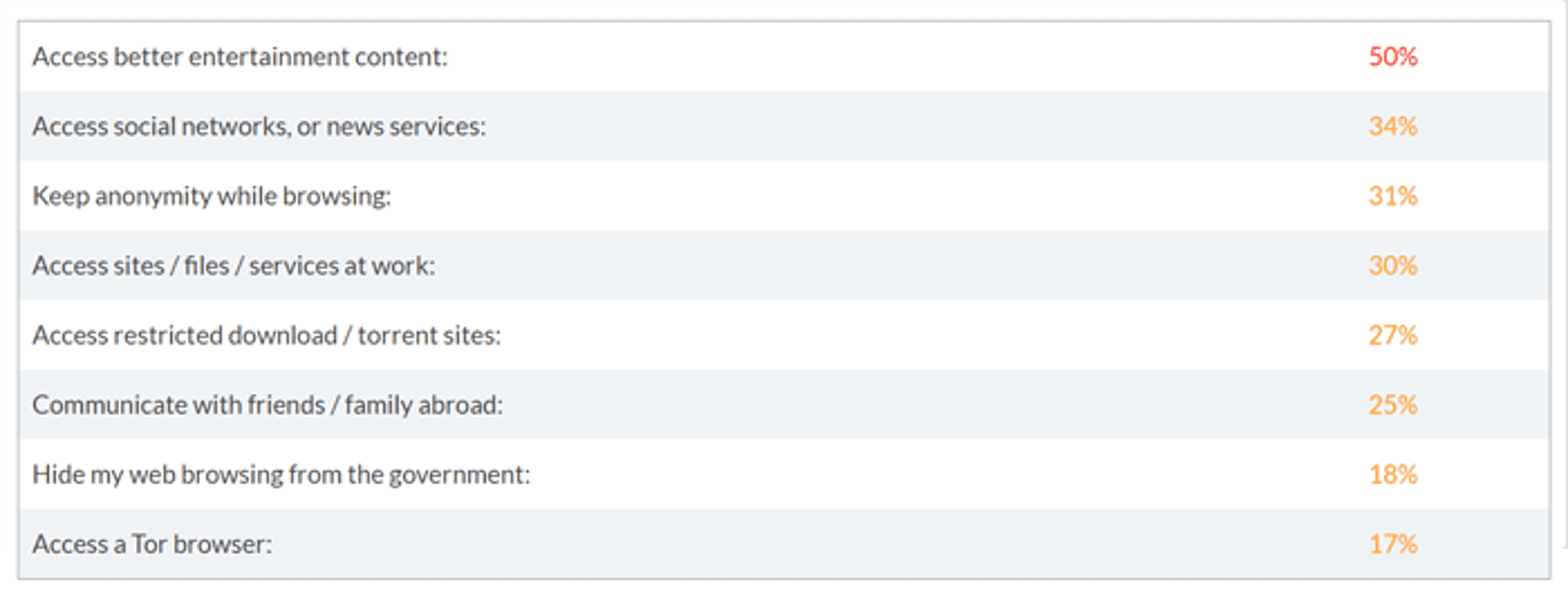
A lot of countries have restricted the use of torrent sites, but access to VPN helps you stroll virtually on the streets of a country whose government is cool with the torrent sites without anyone noticing. Although, keep in mind that downloading copyright material would still be an illegal activity.
How To Check If VPN Is Working?
After setting up the VPN service plan, make sure to test your product. It will give you an actual insight into the VPN service. Follow these steps to know more:
- The first is to check the company’s privacy policies. Sadly, this part is the most ignored one. The checklist includes every minute detail that the company follows. From the data, they collect to the restriction the company's bars; everything is covered under it.
- Check the VPN network speed to measure the drop in the service. Try doing it for a different kind of connection and also, by switching the VPN on and off.
- Not every VPN provider can conceal your identity, some may reveal it by different means like DNS or something else. For the same, you can check it by putting the details of your VPN service provider.
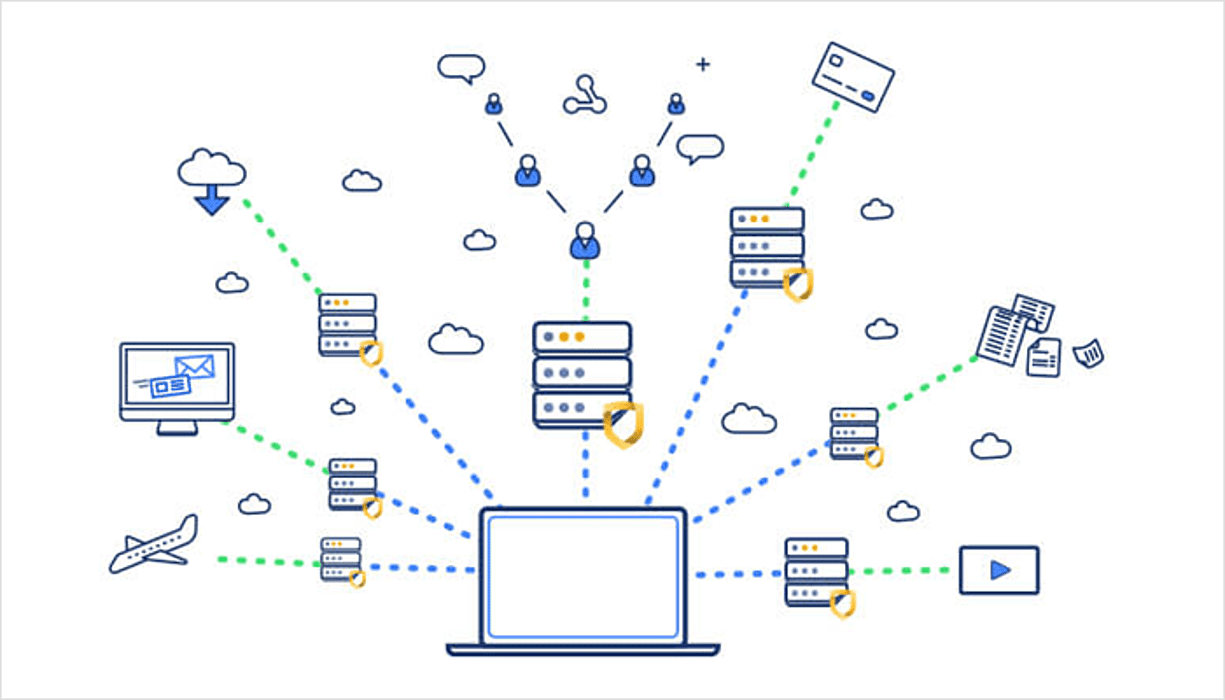
Other details may include the server selection, server load, and ping time.
How to Find the Best VPN Service?
Many of you may have questions like ‘do I need a VPN’ or ‘is a VPN necessary?’ To this, we have this simple explanation that a VPN is like a shield that keeps you protected from cyber threats. If you are convinced, then make sure to pick the best VPN service.
Picking a Virtual Private Network service among so many options may seem a bit perplexing, but you can make it simple. There are many factors that define the credibility and authenticity of a VPN service.
The story begins with server locations and then move to dedicated and dynamic IP, security, logging, client software, bandwidth caps, and ends with product price and customer support.
Therefore, based on your requirements, you can choose your pick. Following are some of the steps that you need to consider:
1. Server Location
For kicking off services in a country, there is a requirement of at least one server, but that the number of servers doesn’t necessarily reflect the overall performance of the VPN service.
2. The Number of Connections Supported
It all depends upon the service provider. Some VPN vendors allow connection between three to four devices, whereas, some may limit to one device per connection. Therefore, If you are thinking of hogging the VPN resource among all your devices, you may not do so.
3. Connection Protocols
Here, connection protocols include OpenVPN, IKeV2, SSTP, PPTP, etc. You may not be familiar with all these technical terms, but you need to understand; better the connection protocols, faster will be the connection.
Due to its wide array of security protocols, VPN is even engaged in securing IoT based devices.

4. Data Collection
It may be the last thing that you will be expecting out of a VPN service, but the truth is, many VPN vendors collect the user data with reference to their user policies. It may be in terms of logged accounts, data usage, IP address, server, and more.
So, to save yourself from constant monitoring, you better go through the companies privacy policies and terms of service.
5. Liberty to Choose the Desired Server
Many of the VPN service providers offer the option of switching to a different server. So, depending upon the server load, you can change the server for better performance. You can also set a particular server as your default server and reap the added benefits.
6. VPN Service Cost
For many people, this may be a significant factor in choosing the VPN service. It’s not necessary that the expensive plans for a VPN connection will always come packed with rich features.
But it is generally noted that the VPN service with the high price does include a lot of features that may be missing from the free VPN service options or those with considerably lower cost. So, before considering the cost factor, make sure to check the features that come with each plan.
Final Thought
In a nutshell, a VPN is a handy service that works this way — between your server and the server you are going to communicate with, there exists a VPN's server which ensures you don’t directly interact with the intended server but instead communicates only with the VPN server.
VPN establishes a secure connection and unlatches gates of accessing the internet from any geographical location for you.
With this understanding and the said factors will surely help you in finalizing the final VPN service, but our advice is to go for a free trial before jumping into it. It will surely offer you an overview of the services that the VPN vendor provides.
For more future updates on the VPN services, subscribe to MobileAppDaily and stay abreast with every update of the mobile industry.














